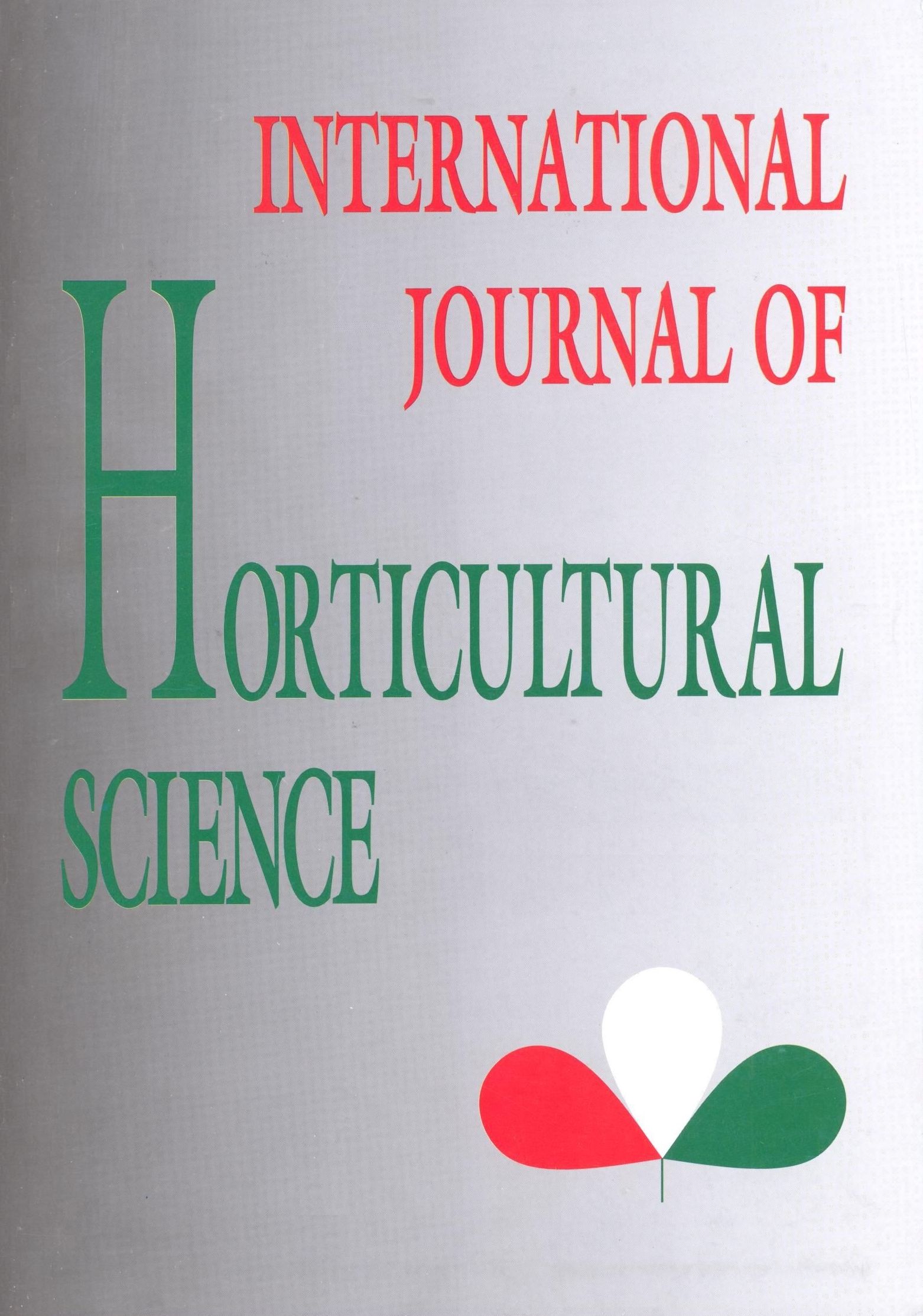COVID-19 outbreak lockdown and its impacts on marketing of horticultural produces in Zimbabwe
Author
Keywords
License
Copyright (c) 2020 International Journal of Horticultural Science
This is an open access article distributed under the terms of the Creative Commons Attribution License (CC BY 4.0), which permits unrestricted use, distribution, and reproduction in any medium, provided the original author and source are credited.
How To Cite
Abstract
Coronavirus disease of 2019 (COVID-2019) outbreak resulted to a global health problem. Lockdown was one of the common options suggested to curb the pandemic. Horticultural produces are perishable so delayed post-harvest marketing cause losses. This study aimed at evaluating the marketing of horticultural produces and farmers’ level of preparedness during the COVID-19 lockdown. A self-administered questionnaire was posted online from April 7 to May 7, 2020 the first month of COVID-19 lockdown in Zimbabwe (began on March 30, 2020). The study targeted horticultural farmers around Harare peri-urban and had 300 respondents. Data on sociodemographic, farmers’ behavior, awareness and attitude toward marketing and desire to minimize post-harvest losses was obtained. Frequency counts and percentages were determined. Chi-square tests on independent variables were done to test associations with demographics using SPSS version 8. There were significant (P<0.05) relations between awareness and attitude toward marketing, age and level of education. Demographic variable influenced the famers’ marketing behavior and attitude during COVID-19 lockdown. Most farmers reported highest (>35%) produce sale leftovers at the markets and spoilage during than prior the COVID-19 lockdown. The lockdown resulted to low sales and most farmers were unprepared for any crisis during the marketing stage of their production. The research contributed to an understanding of how a crisis situation influence marketing of horticultural produce and raises awareness regarding post-harvest losses. A qualitative study is recommended as a follow-up of this work.
References
Fanelli, R. M. and Di Florio, A. (2016). Domestic food waste, gap in times of crisis. Italian Review of Agricultural Economics, 71(2), 111–125.
Qi, D. and Roe, B. E. (2016). Household food waste: Multivariate regression and principal components analyses of awareness and attitudes among US consumers. PLoS ONE. https ://doi.org/10.1371/journ al.pone.01592 50.
Sassi, K., Capone, R., Abid, G., Debs, P., El Bilali, H., Daaloul, B. O., et al. (2016). Food wastage by Tunisian households. International Journal AgroFor, 1(1), 172–181.
Thornton A.C. and Nel E. (2007). The significance of urban and peri-urban agriculture in Peddie, in the Eastern Cape Province, South Africa. Journal of Development Studies. Volume. 37 No. 1. 13-23.
United Nations. (2009). International Market Access Information, Horticulture Sector, Geneva: UN.
van Geffen, L., van Herpen, E. and van Trijp, H. (2020). Household Food waste—How to avoid it? An integrative review. In E. Närvänen, N. Mesiranta, M. Mattila, & A. Heikkinen (Eds.), Food Waste Management. Basingstoke: Palgrave Macmillan.
World Bank. (2008). World development report: Agriculture for development. Washington DC, USA.
World Health Organization WHO. (2020). Coronavirus disease (COVID-19) Pandemic. https ://www.who.int/emergencies/diseaes/novel-coronavirus-2019. Accessed 10 April 2020.
Zimbabwe Department of Agriculture and Extension Services, Mutare District Annual Report. 2013. Annual report 2013: Mutare District Agricultural Main Report. Mutare, Zimbabwe: Agritex.

 https://doi.org/10.31421/IJHS/26/2020/6178
https://doi.org/10.31421/IJHS/26/2020/6178










